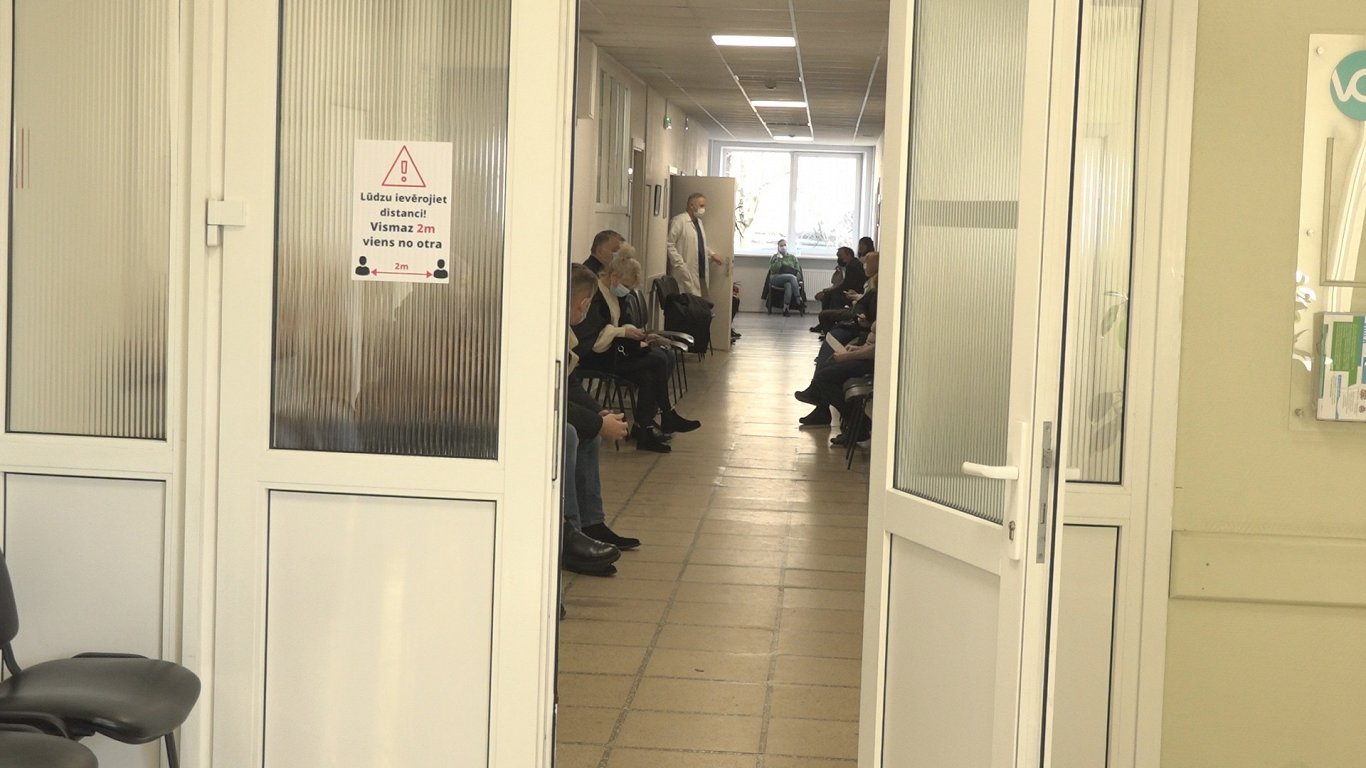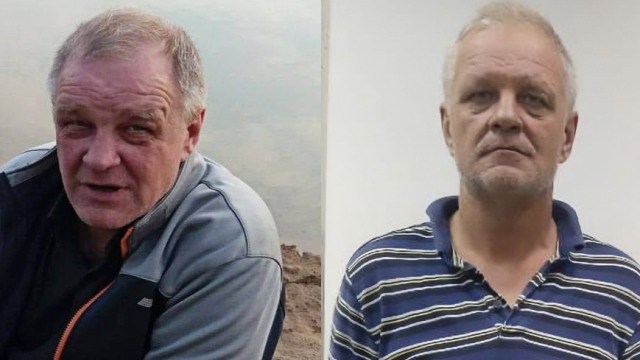According to Slokenberga, the Health Inspectorate works like a litmus test, because all submissions and calls from residents describe what is happening in the health system as a whole. She said currently the litmus paper is "red enough" because there are a lot of complaints about the unkind treatment and poor communication, that the patient has not been explained enough about their illness and therefore the Patient Rights Law has not been observed.
Slokenberga acknowledged that the breaking point was 2022, when the case of the immunologist Jevgēnijs Ņikiforenko highlighted a series of problems that had been piling up at the Health Inspectorate for many years. This, in turn, gave a push to clean up and arrange the routine processes in a systemic approach.
Last year, the Health Inspectorate received 104 complaints directly concerning the so-called intangible offenses of the Patient Rights Law, namely respect, full communication, and information provided and explained in such a way that the patient understands it.
The head of the health inspection noted that the patient's rights do not start at the Health Inspectorate - it starts at the medical facility. Therefore, she called on any patient to deal with the matter immediately at the medical facility if a right has been infringed. The issues are far more difficult to tackle post factum.
For example, the issue of emotional harm during labor is currently topical. Last year, the first application was also received, which specifically mentions emotional violence in labor.
“It took one and a half years from this infringement to the submission to the Health Inspectorate. Of course, after that time, when they surveyed the doctor's colleagues who were also in the same room, they did not confirm the information because they did not remember the facts. Consequently, I call on every person to address these issues immediately on the ground. It's very difficult to prove later, unless it's in the medical records,” Slokenberga said.





























